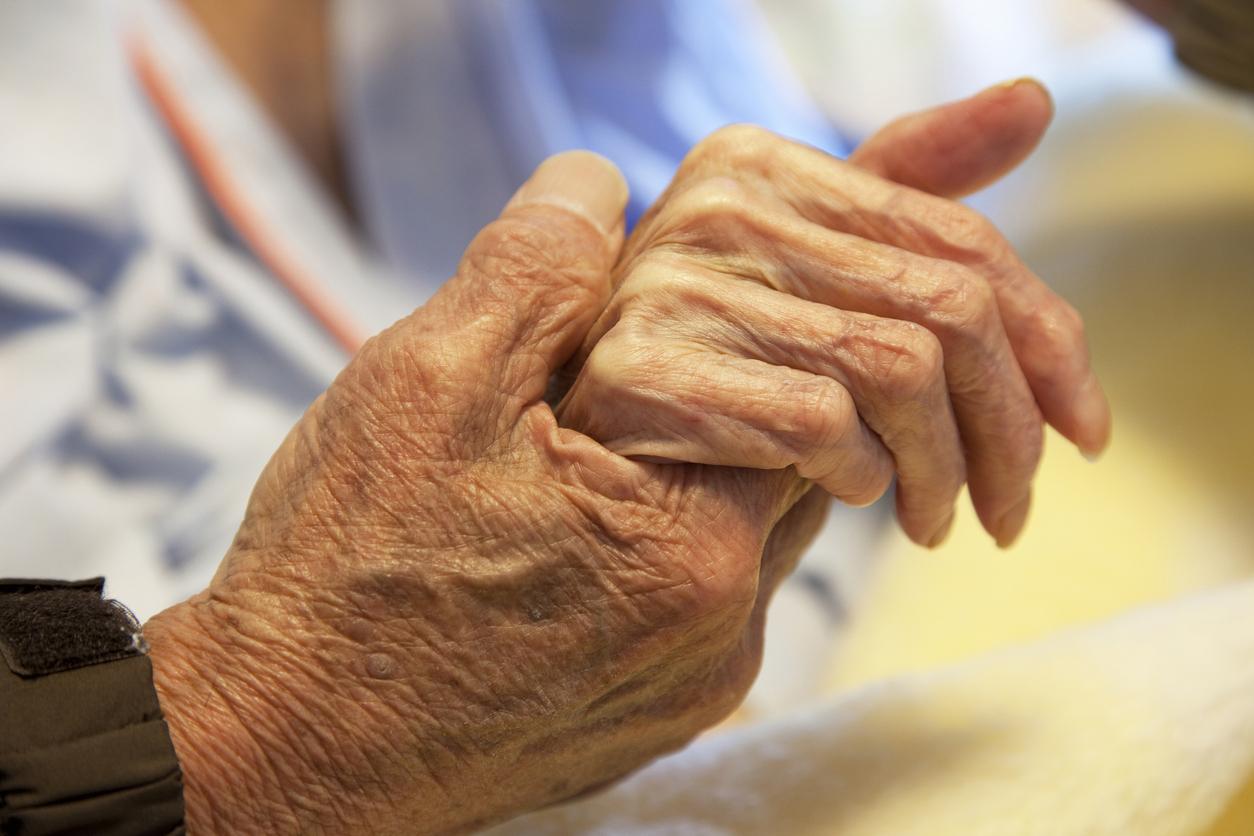People with opioid use disorder are less likely to receive palliative care in the 90 days before death, according to a Canadian study.

- According to this Canadian study, adults with opioid use disorder die at a younger age than those who did not suffer from it (50 years versus 78 years).
- These patients are 16% less likely to receive palliative care in clinics and at home at the end of life.
- They may “have limited social support, limited financial means, and unstable housing, which can make it difficult for health care providers to access and provide palliative care in the community.”
With the ongoing opioid crisis, the number of people experiencing problems related to opioid use continues to increase, particularly in the United States and Canada. This disorder can be a chronic illness that causes significant impairment and distress. “These patients are at risk of premature death and may benefit from palliative care,” indicated researchers from the University Health Network in Toronto (Canada). In a cross-country study, they wanted to compare the provision of palliative care for people who died with or without opioid use disorder.
Opioids: patients die younger and benefit from less palliative care
Scientists used Ontario databases to identify people who died between July 1, 2015 and December 31, 2021. In total, 679,840 adults died, 11,200 of whom suffered from opioid use disorder. “Opioid use, emergency room visits, hospital admissions, treatments suggestive of disorders within three years of death were taken into account. Secondary data included setting, initiation and intensity of palliative care.”
According to the results, published in the journal Canadian Medical Association Journal, patients with opioid use disorder died at a younger age than those without opioid use disorder (50 years versus 78 years) and were more likely to live in neighborhoods with marginalization index is high. Compared to people without opioid use disorders, patients addicted to these medications were 16% less likely to receive palliative care in clinics and at home.
Access to palliative care: “limited social support, limited financial means and unstable housing”
“This finding is most likely related to the high number of people with opioid use disorders who die suddenly from drug poisoning. The Most Common Reasons Doctors Provided Palliative Care to Adults with Opioid Use Disorders linked to opioid use were cancer, liver cirrhosis and sepsis. explained authors. “People with opioid use disorder may have limited social support, limited financial means, and unstable housing, which can make it more difficult for palliative care to be accessed and delivered by palliative care providers in the community. health care providers.”
Thus, this study highlights the importance for healthcare professionals to receive training in both palliative care and addiction medicine to better support patients suffering from opioid use disorders as they approach death. the end of their lives.
















